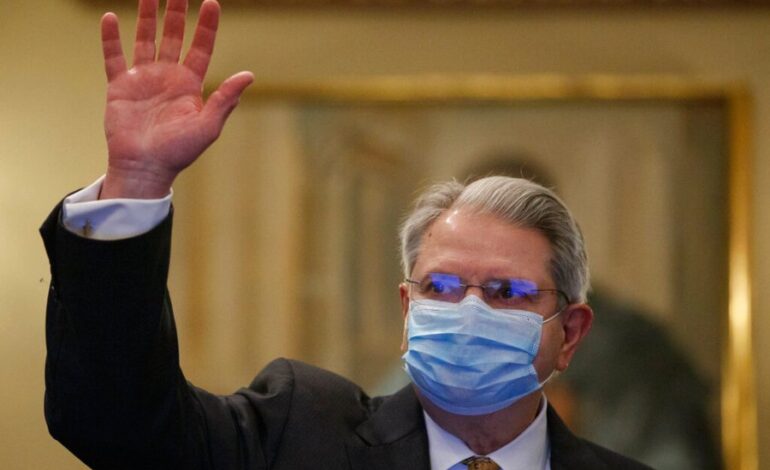Congress Faces Potential Shift in Oversight Power as GAO Leadership Changes

The future of the Government Accountability Office (GAO) hangs in the balance as its current leader approaches the end of their term. This independent agency, known for providing Congress with non-partisan audits and legal analyses, faces a significant shift in its influence depending on the next appointment. The current president has shown a tendency to favor loyal appointees, which raises concerns about the potential impact on the agency’s independence and effectiveness.
The GAO has played a crucial role in overseeing government operations, ensuring accountability and transparency in federal spending. With its leader’s term expiring soon, the appointment of a successor becomes a pivotal moment for the agency. If the new leader aligns closely with the administration’s priorities, critics argue that this could weaken the GAO’s ability to function as a watchdog, undermining its mandate to provide impartial assessments.
Congress relies heavily on the GAO’s findings to inform legislative decisions. The agency’s reports often highlight inefficiencies and mismanagement within various governmental departments. A change in leadership that prioritizes loyalty over expertise could diminish the agency’s effectiveness, leading to less rigorous oversight. This concern is amplified by the fact that a more compliant GAO may result in Congress receiving less critical information necessary for informed decision-making.
The implications of a weakened GAO extend beyond just Congress; they could affect taxpayers and the general public. The agency’s work often reveals areas of waste and fraud within government programs, ultimately aiming to safeguard taxpayer money. If the GAO’s independence is compromised, it risks losing credibility, potentially leading to a lack of public trust in government accountability.
Several members of Congress have voiced their apprehensions regarding the upcoming leadership transition. They emphasize the need for a leader who can uphold the agency’s non-partisan ethos. Senator Elizabeth Warren expressed concern, stating, “The GAO must remain a strong and independent voice for the American people.” Her remarks reflect a broader sentiment among lawmakers who fear a potential shift towards partisanship.
As discussions around the leadership transition unfold, the importance of maintaining the GAO’s integrity remains at the forefront of many congressional agendas. The agency’s ability to provide unbiased analysis is essential not only for effective governance but also for fostering public confidence in government institutions.
In summary, the impending change in leadership at the GAO presents both challenges and opportunities. The next appointee will significantly influence the agency’s direction and its role in Congress. As the situation develops, stakeholders on both sides of the aisle will be closely monitoring the situation, aware that the strength of the GAO as an independent watchdog is at stake.






